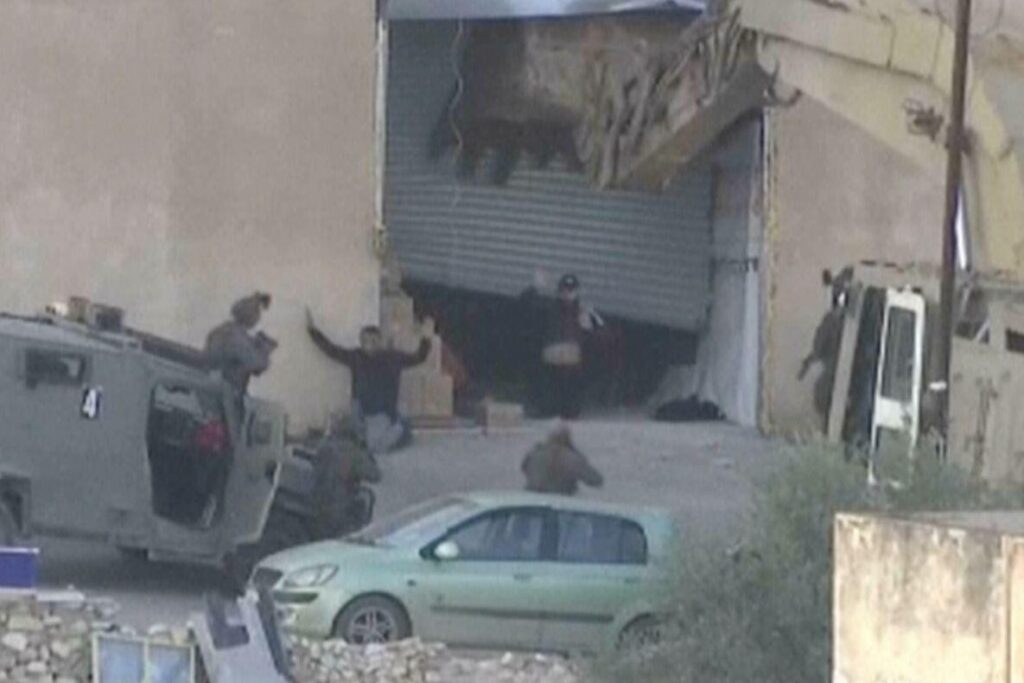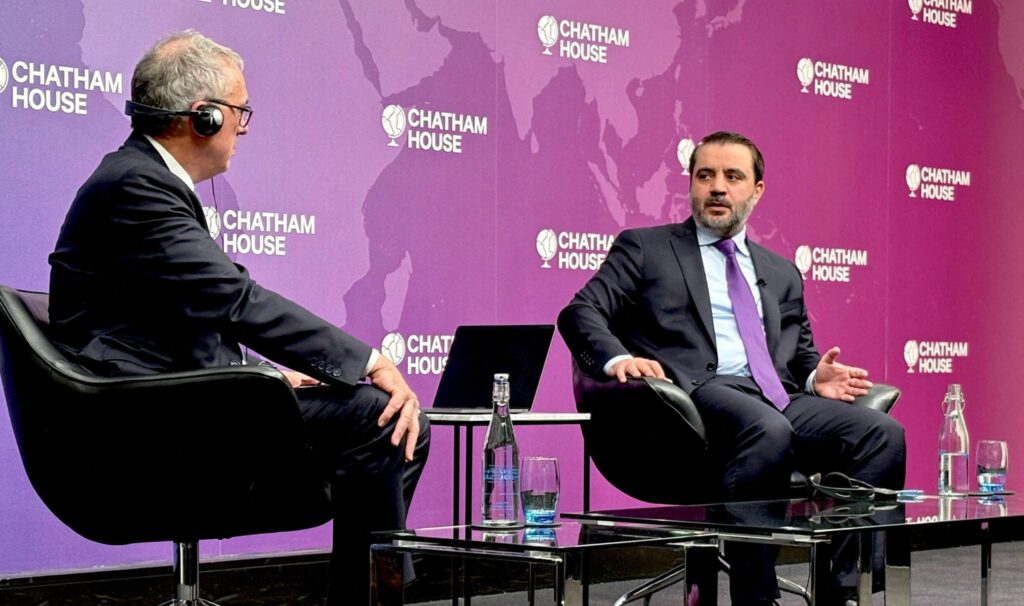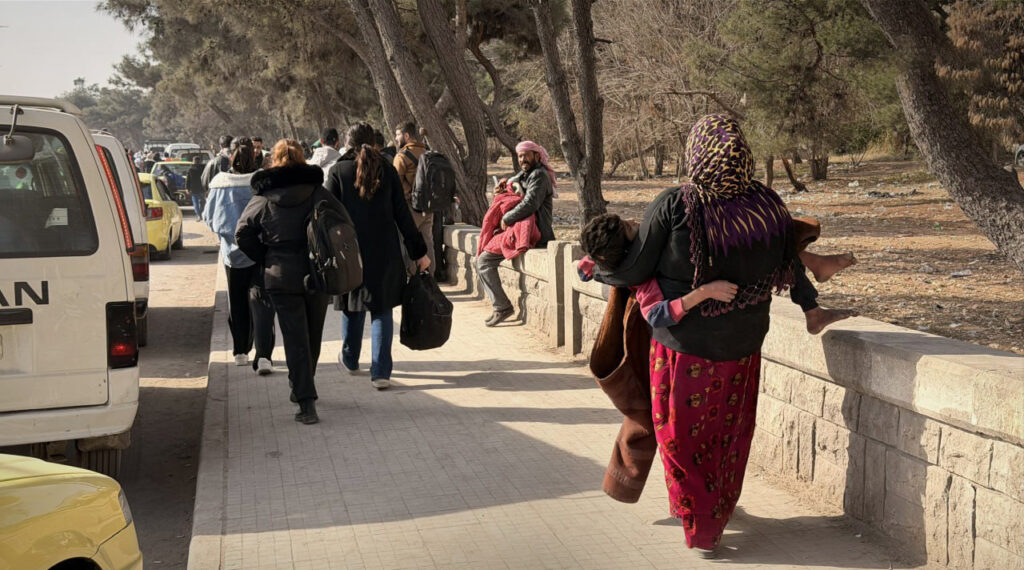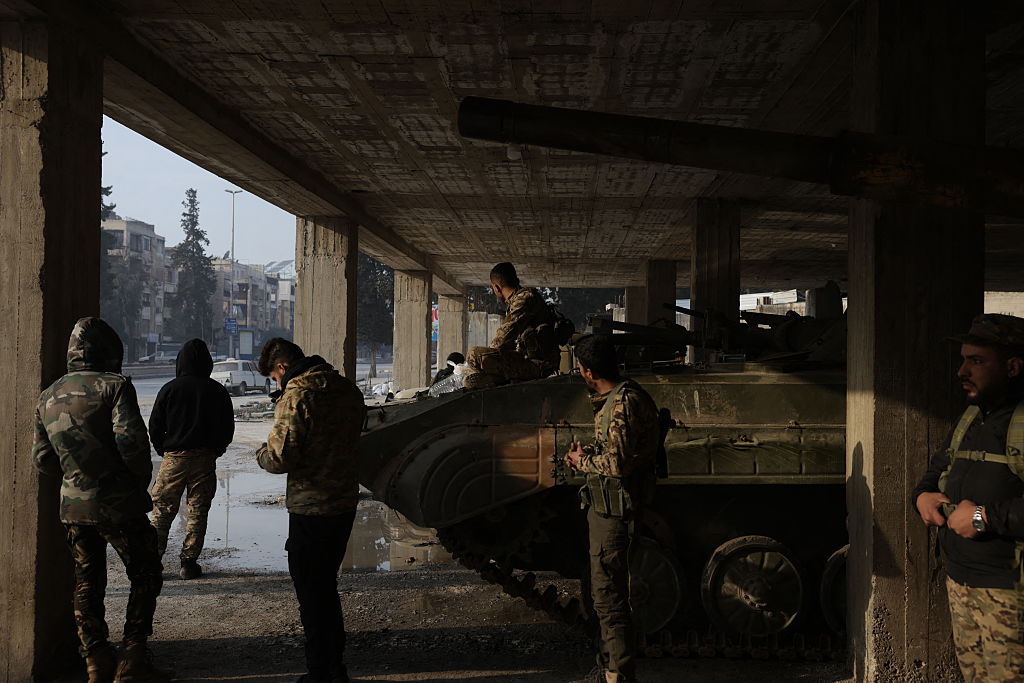Lebanese Army arrests 35 Syrians after “remnants leaks”
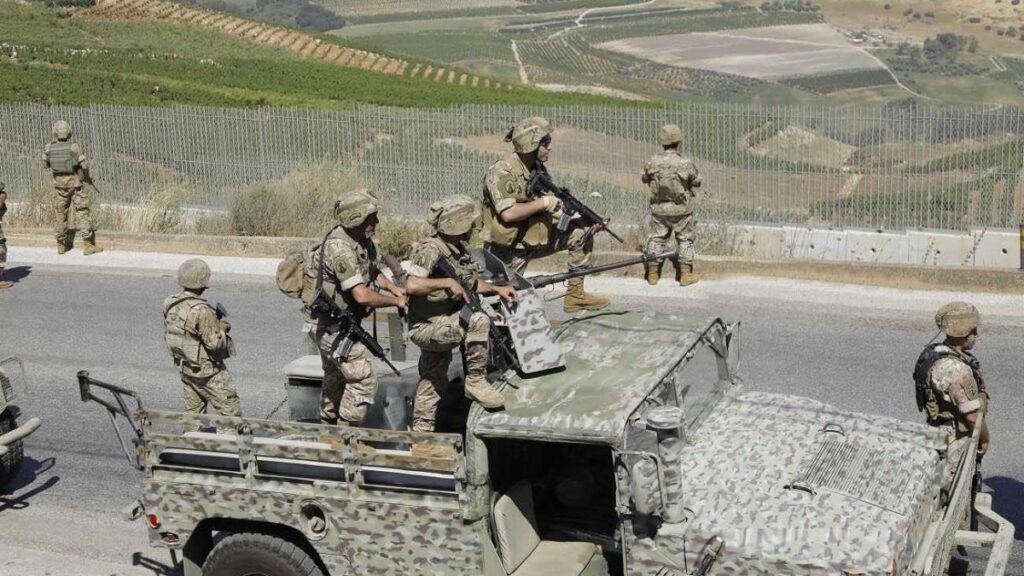
The Lebanese Army announced the arrest of nine Lebanese nationals and 35 Syrians in the districts of Akkar, Tripoli, Batroun, Baalbek, and Hermel, on charges of “committing various crimes, including opening fire, possessing weapons, using drugs, smuggling people, and illegal roaming.”


